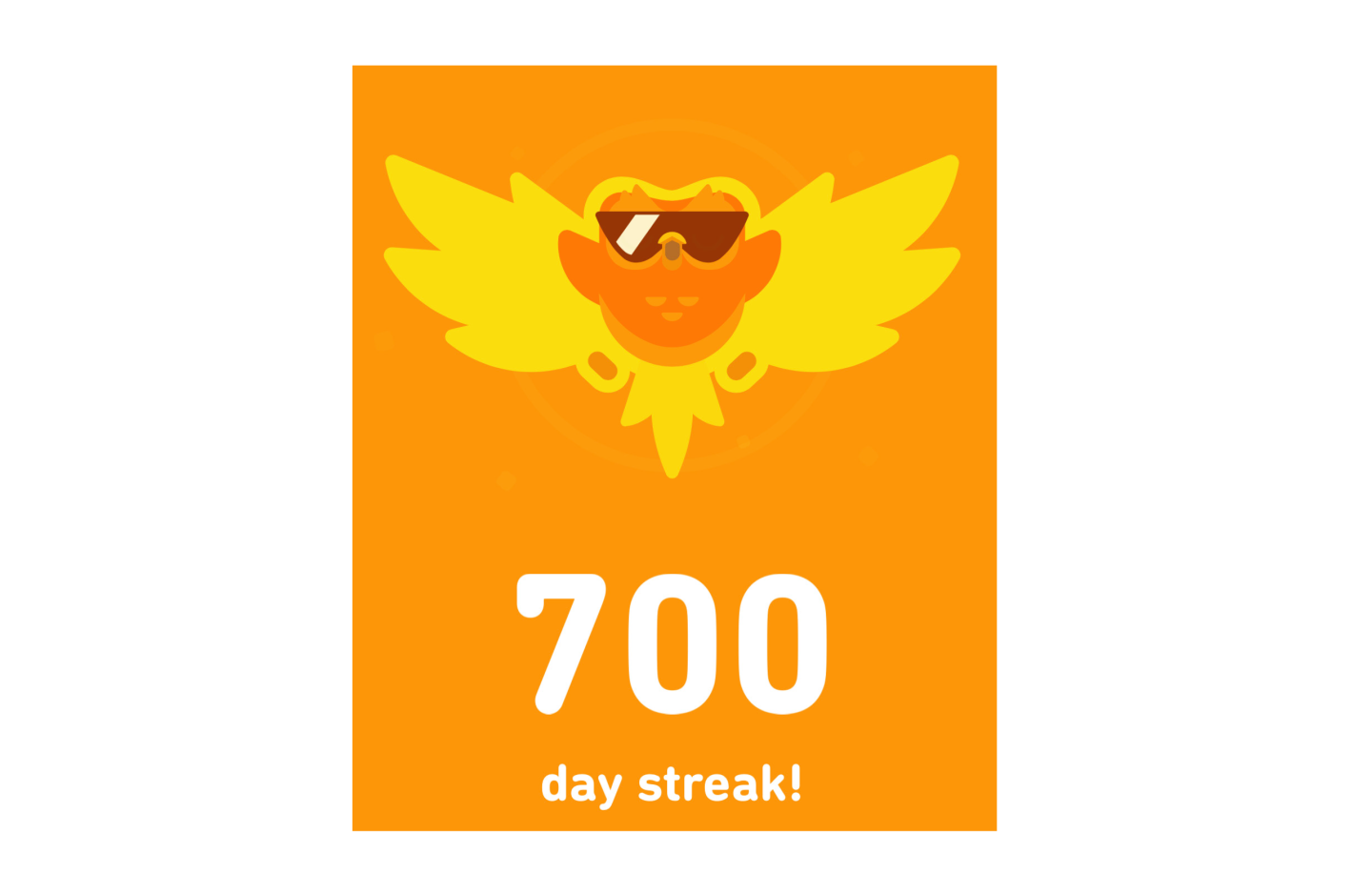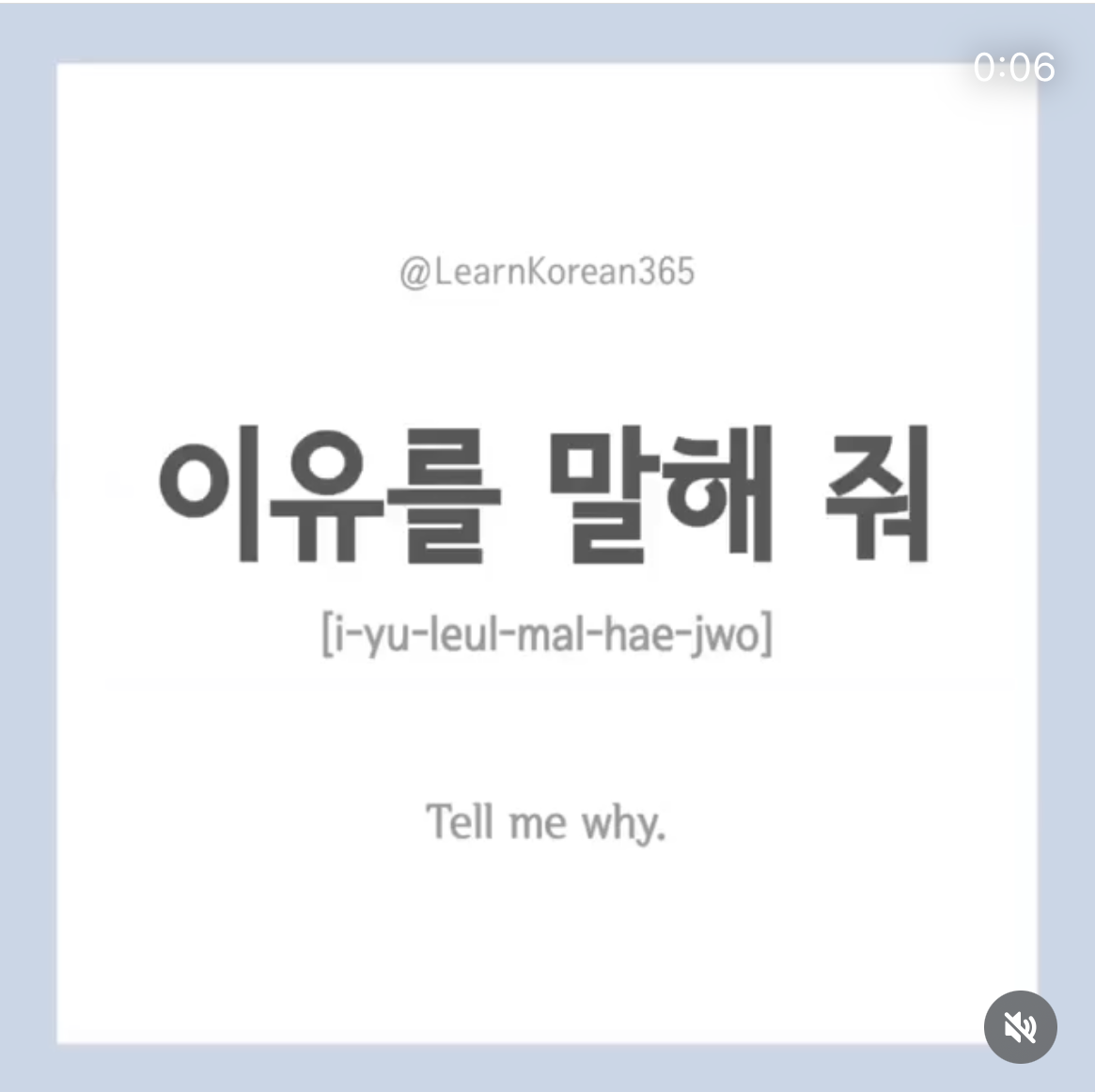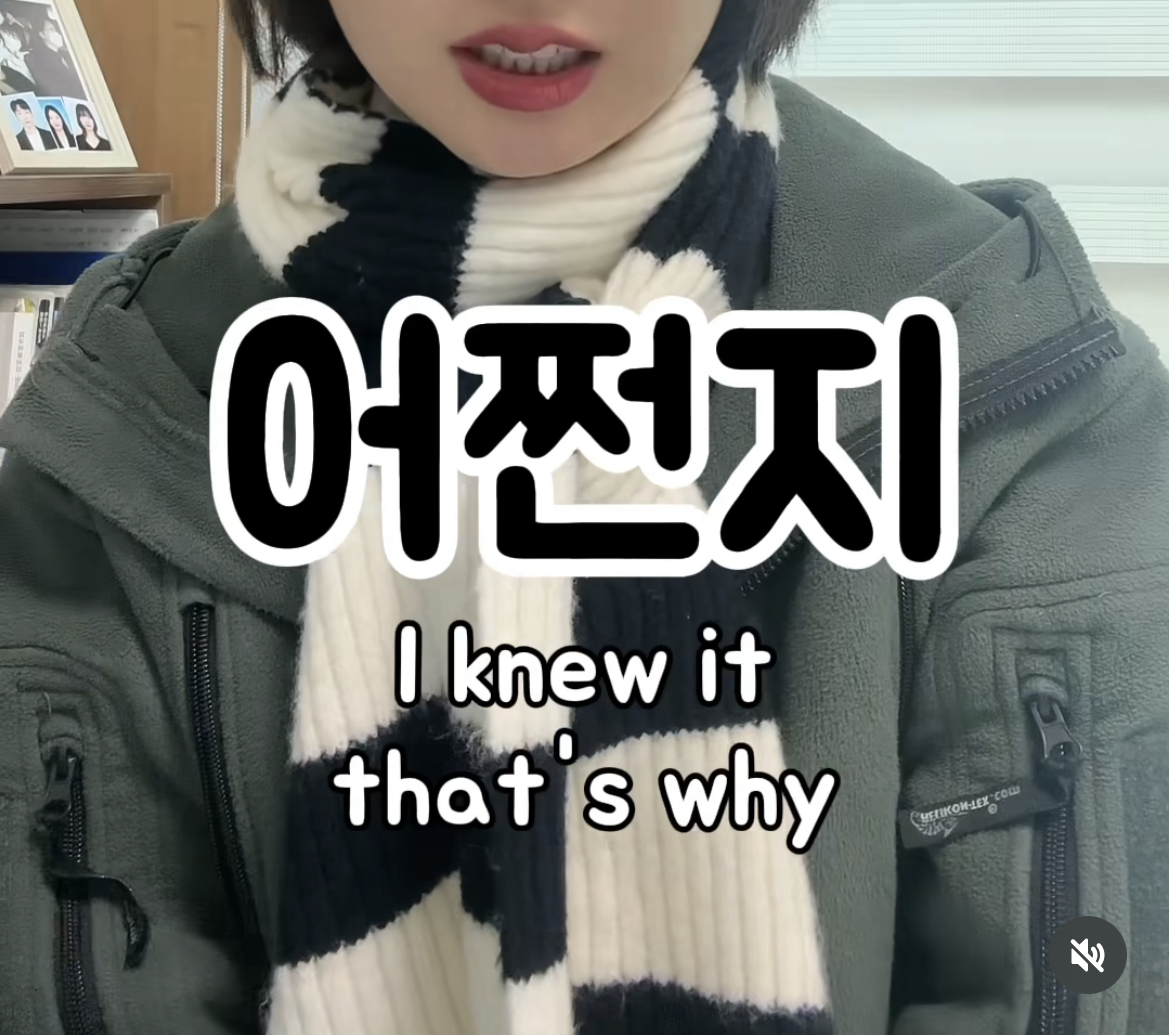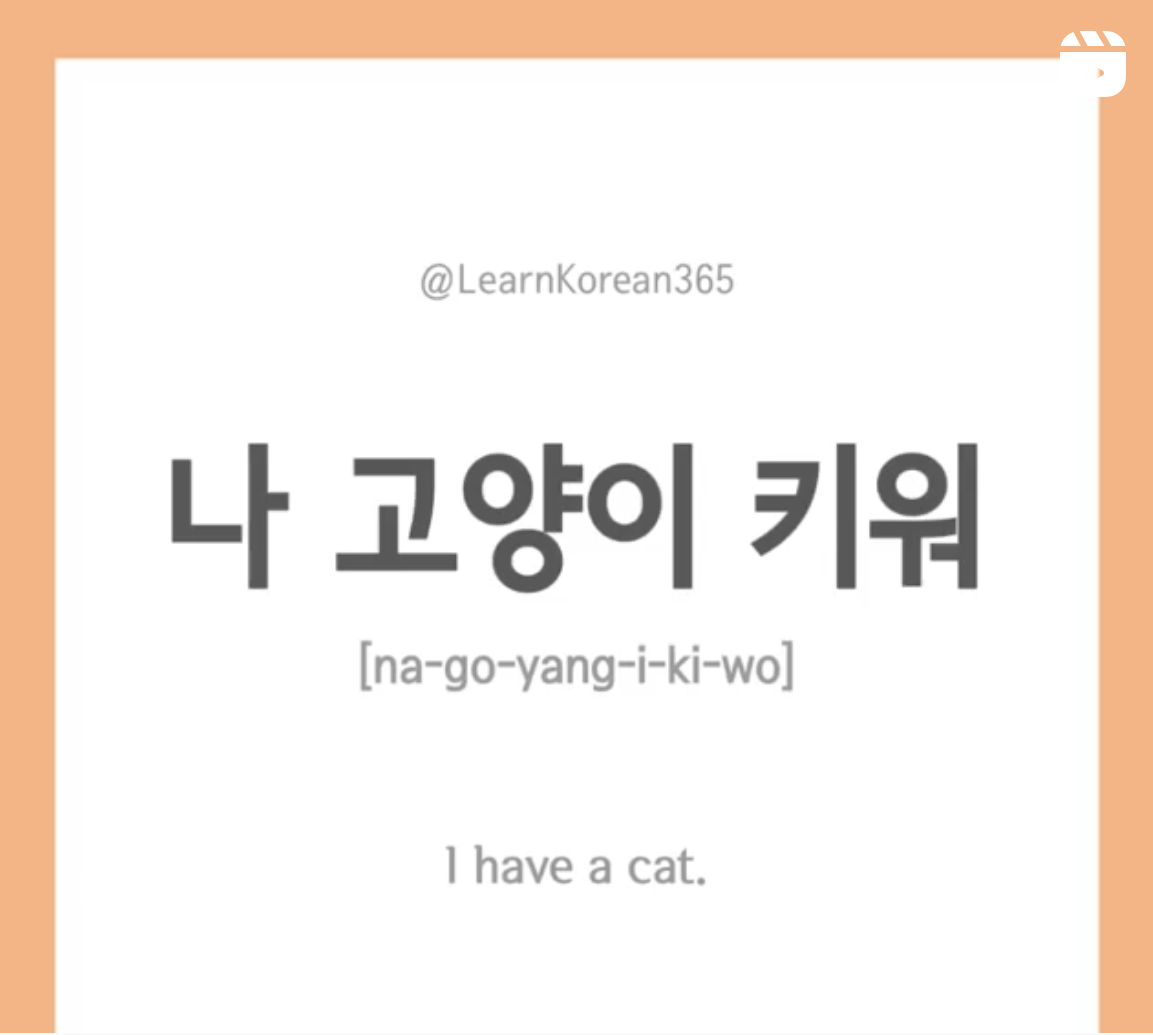
Now that I’ve formally announced that our family is actively pursuing bilingualism, I feel the next step is to lay out how to discover language aids for others who may have similar aspirations.
No matter what language you’re trying to pick up, I think that studying and learning in a variety of ways is really helpful. So, regardless of what that second language is, here is how you can find resources to help you on your way.

locally
- check out any libraries for language-specific story times. Depending on where you live, available languages will vary greatly, but it’s worth checking out.
- see if you can take a community class. Colleges that have community courses often have some second language classes. Sometimes, the offerings can be surprising, so it’s worth taking a look. Local to us, there is a Beginning Swahili class being offered.
- check for local activities at restaurants. If you go to a restaurant with food from another country, there’s a really decent chance they’ll have fliers for any events that are related to the spoken language of that place. For example, in the summer, Provo has Festival Latinoamericano every year.
- find relevant events through the arts. There are so many more culture and arts events than you would expect. Every year, in Utah, there is a Scottish festival. Are there any cultural celebrations related to the language you’re wanting to learn—like Day of the Dead, or Lunar New Year festivities? You can also check out community colleges and rec centers to see if there’s dance classes being offered from the culture of the language of your choice. Either way, these are fun supplemental ways to appreciate the culture of the language you’re learning.
*Not all of these local ideas will greatly aid your language learning. But they may put you in a space where you can discover places where you can find language learning classes, and other relevant resources that may not be advertised online. Never underestimate word of mouth.

language learning programs
- time to use duolingo. Duolingo is used by so many people, myself included. It’s not perfect, and it might not get you to complete fluency (maybe it will, idk, I’m not you). But, for me, it took away all the explanations, so I could learn what was right by ‘feeling’. Plus, to keep my streak, I’ve done it for over 2 years. Even if that’s just a 2 minute lesson, it means I h a v e to think about my target language, at least for a little bit, every single day or else the guilt will consume me.
- try Rocket language courses. Before starting Duolingo, I did a free trial. Honestly, I really liked it. Though I’m not planning to consider getting the full thing until I finish off Duolingo, I genuinely think that trial lesson helped a lot with my pronunciation starting off, since you speak and it grades you.
- make a connection on Ikalki. I have not used this, but one of my best friends did something similar for years, and found it very helpful. If you need to speak to feel like you’re learning, swallow your fear, and find a study buddy.



on the internet
- utilize facebook groups. This is what Facebook is good at, by the way. I’m in a few groups for our target language, and I see lots of helpful posts, and have learned about s o m a n y resources from the other members int those groups. One of my best friends added me to a local group—in my target second language (so it had to be searched in that alphabet)—that posts about all sorts of events, several of which we’ve attended. We’ve also learned about semi-local (SLC and beyond) classes all over the state for both adults and kids.
- find teachers on instagram. Until a few years ago, I had no idea that there are lots of people—from wherever the country your target language is spoken in—who teach micro lesson on instagram. They often make short form videos covering different ways to communicate one idea. Despite being so short, I find these can be really useful for helping ideas stick. Maybe I’ve seen a phrase a bunch on Duolingo, but it just hasn’t clicked. Hearing it in a variety of ways, or situations, in a short video that I can rewatch whenever has helped me remember things better. I also follow accounts that just share a phrase and it’s meaning, kind of like a flash card, and screenshot or save the ones I want to come back to.
- See what sites are the most useful when you google. I know, this is my advice? That fruit is so low it was on the ground. Wait a minute, okay? When you search a language or culture related question, is there a website, or websites that keep rising to the top? Do they explain things in a helpful way? If so, you can bookmark these for reference guides to help you whenever you need to figure something out. Looking at you, Talk to Me in Korean; and 90-Day Korean.
- check out the socials of local businesses. An email from one to one of my good friends is what led me to my weekly class. It turns out, they do post about it on their social media. If there’s a business in the sphere of your target language, maybe take a peek to see if they post about any classes, events, or groups.
- learn about specific topics on youtube. Obviously, youtube can be a treasure trove of knowledge. My suggestion would be to stick to 1-3 channels initially, just so you don’t get overwhelmed. This, I think, is more supplemental, because it might be too easy or difficult, or might cover just one type of sentence.
- utilize AI chat. This tech is far from perfect right now. (I was just sanity checking myself once, and the AI gave me an answer I knew was wrong. I asked if it was wrong, and it was like “Oops, yeah I was super wrong!” so that wasn’t very helpful.) But, if you want to really get nitty gritty—or google is giving you casual or high formal translations only—AI chat can be really helpful. I have done several ‘Why is it like this?’, and I feel like it’s helped me.

Hopefully these ideas give you several good starting places. The internet has so many options, but choosing where to actually commit can be overwhelming to figure out. In most cases, whatever you choose, especially when you’re just starting out, will be helpful. Just go for it! Once you are ‘in’ the local community sphere of your target language, it all becomes a lot easier to find resources and activities, but finding the way in can be elusive.
Good luck!
